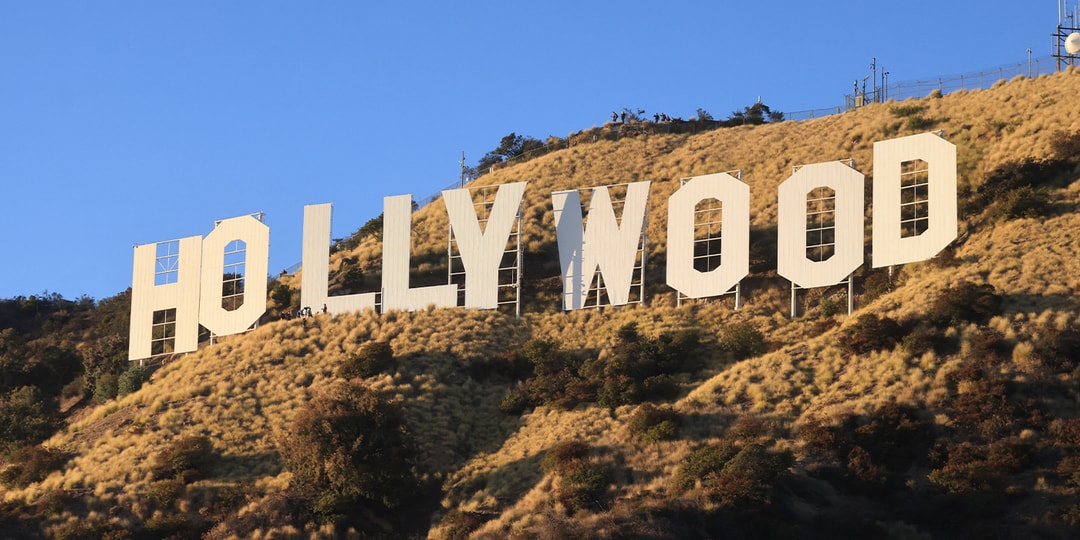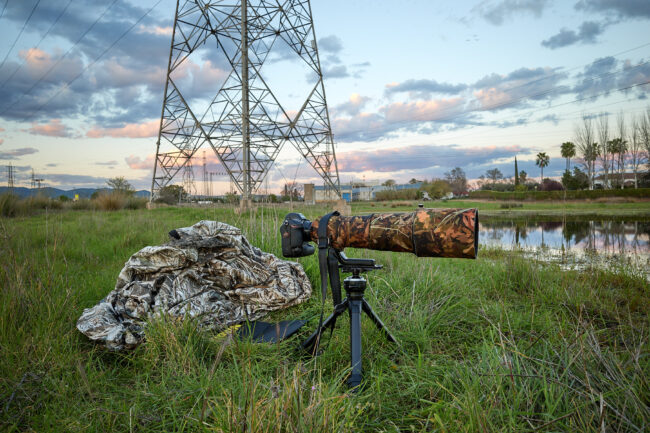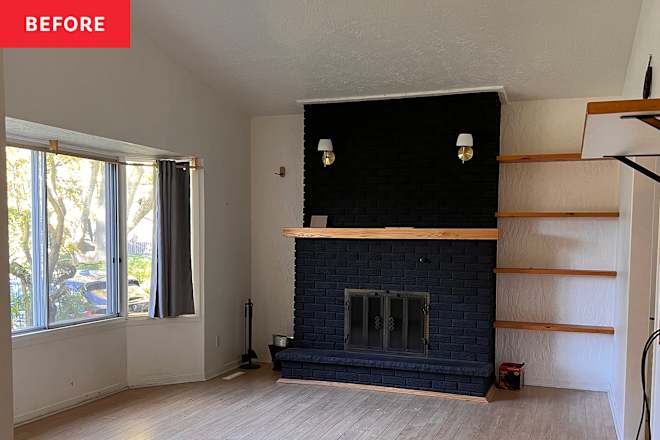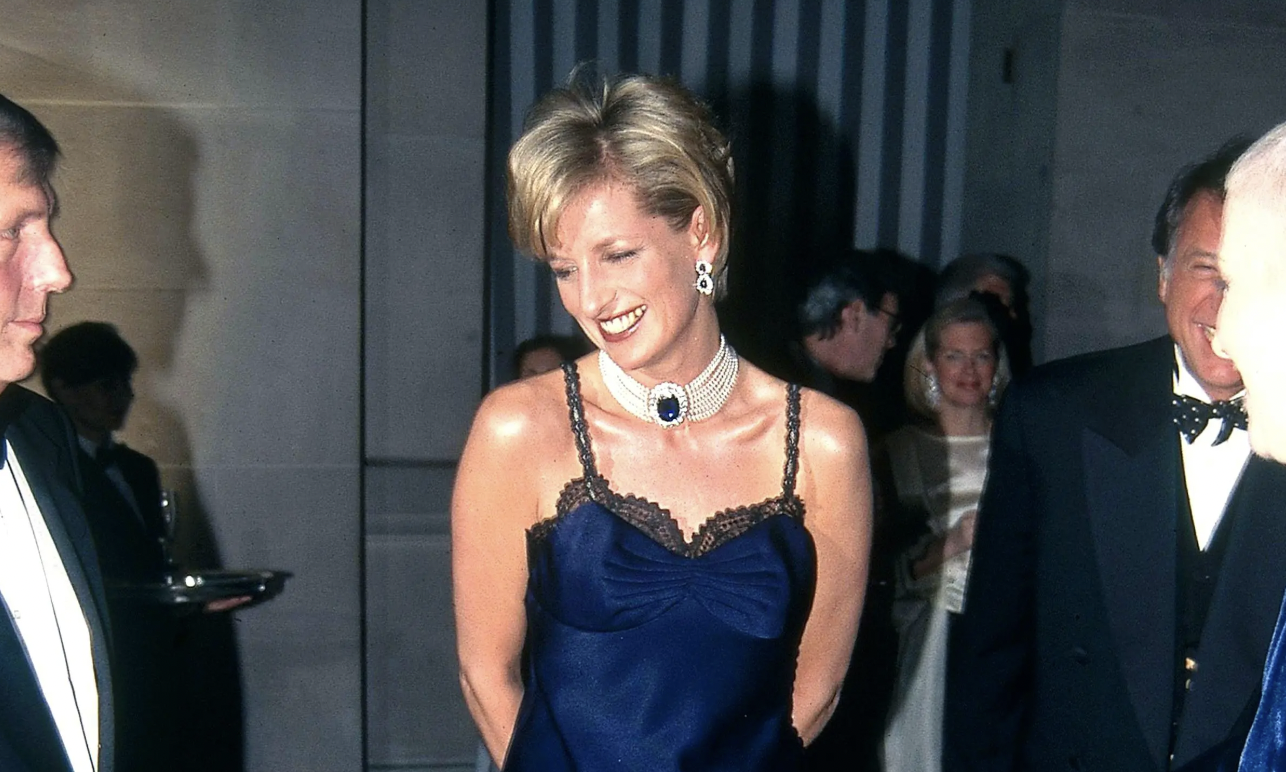All Foreign-Produced Films Expected To Be Subjected to 100% Tariffs
SummaryPresident Trump announces 100% tariffs on all foreign produced films outside of AmericaHe claims the film industry is in a "very fast death" due to incentives around the worldMajor studios and companies like Disney, Netflix and more will be affected, but unsure how at the momentPresident Donald Trump announced on Sunday that his administration will be imposing a 100% tariff on films produced outside of the U.S. He is doing so in an effort to preserve the American movie industry as he determines that Hollywood is dying a "very fast death" due to incentives the industry receives from foreign countries. He perceives the incentives as a way to lure away filmmakers.In a post on Truth Social, Trump writes, "This is a concerted effort by other Nations and, therefore, a National Security threat. It is, in addition to everything else, messaging and propaganda." Moving forward, Trump is said to have authorized the related government agencies, including the Department of Commerce, which will begin immediately processing and imposing the 100% tariffs on all films produced outside of America. In the post, he adds, "WE WANT MOVIES MADE IN AMERICA, AGAIN!," to which Commerce Secretary Howards Lutnick posted on X stating. "We're on it."No further details have been provided on how the tariffs process will roll out at the moment. It is currently unknown how this will affect streaming platforms. Around the world, governments have been increasing its credits and cash rebates to attract global productions. According to Amepere Analysis, it predicts that foreign countries will capture the greater share of $248 billion USD spent globally on filmmaking in 2025. Major studios and companies like Disney, Netflix and Universal Pictures all film overseas in places like Britain and Canada. ProPro Survey also found that California falls sixth in places executives most prefer to film in the next two years, falling behind Toronto, Britain, Vancouver, Central Europe and Australia.The Motion Picture Association, which represents the major studios, have not yet commented on the situation.Click here to view full gallery at Hypebeast


Summary
- President Trump announces 100% tariffs on all foreign produced films outside of America
- He claims the film industry is in a "very fast death" due to incentives around the world
- Major studios and companies like Disney, Netflix and more will be affected, but unsure how at the moment
President Donald Trump announced on Sunday that his administration will be imposing a 100% tariff on films produced outside of the U.S. He is doing so in an effort to preserve the American movie industry as he determines that Hollywood is dying a "very fast death" due to incentives the industry receives from foreign countries. He perceives the incentives as a way to lure away filmmakers.
In a post on Truth Social, Trump writes, "This is a concerted effort by other Nations and, therefore, a National Security threat. It is, in addition to everything else, messaging and propaganda." Moving forward, Trump is said to have authorized the related government agencies, including the Department of Commerce, which will begin immediately processing and imposing the 100% tariffs on all films produced outside of America. In the post, he adds, "WE WANT MOVIES MADE IN AMERICA, AGAIN!," to which Commerce Secretary Howards Lutnick posted on X stating. "We're on it."
No further details have been provided on how the tariffs process will roll out at the moment. It is currently unknown how this will affect streaming platforms. Around the world, governments have been increasing its credits and cash rebates to attract global productions. According to Amepere Analysis, it predicts that foreign countries will capture the greater share of $248 billion USD spent globally on filmmaking in 2025. Major studios and companies like Disney, Netflix and Universal Pictures all film overseas in places like Britain and Canada. ProPro Survey also found that California falls sixth in places executives most prefer to film in the next two years, falling behind Toronto, Britain, Vancouver, Central Europe and Australia.
The Motion Picture Association, which represents the major studios, have not yet commented on the situation.























































![Ultimate Blue Lock: Rivals Flow Guide and Tier List [Bachira X Otoya] – All Flows & Their Buffs](https://www.destructoid.com/wp-content/uploads/2025/03/flow-tier-list-and-guide-blue-lock-rivals.png?quality=75)

















































































/f871ef26-7798-46a2-9db3-fe949a2f050b--2016-0719_okra-couscous-salad_james-ransom-417.jpg?#)

























![Guy Fieri Reveals The One Condiment He Has an Entire Fridge Full Of [Exclusive]](https://cdn.apartmenttherapy.info/image/upload/f_auto,q_auto:eco,c_fill,g_auto,w_660/k/Design/2025/04-2025/guy-fieri-cooking-diary/K-Cooking-Diary_Guy-Fieri-Lead)













.jpg)









































































